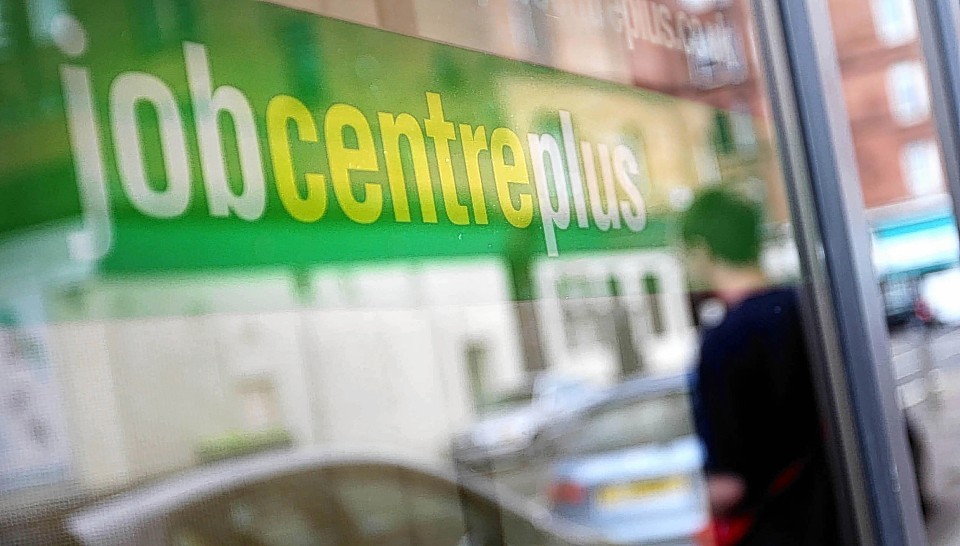The number of unemployment benefits claimants in the north-east rose again last month at a time when Scottish and UK figures were improving.
Aberdeen had 2,755 claimants in January, up by 69% year-on-year and a further 10% on December 2015, according to new statistics from the Office for National Statistics (ONS).
In Aberdeenshire, the count soared 92% to 2,075 compared with January 2015, whereas claimant numbers in Moray and the Highlands remained steady year-on-year.
In December, the number of people claiming out-of-work benefits in the north-east rose by 72% as the oil and gas industry sheds staff to cope with low oil prices.
Alan Kane, manager of Jobcentre Plus in Aberdeen, said the figures were a clear sign of the oil and gas industry’s struggles rebounding on the city’s workforce.
Mr Kane said: “The claimant count numbers are increasing compared with other local areas, so there will be an element of disappointment among workers who’ve been made redundant.
“For people who have lost their jobs in oil and gas, opportunities do not exist in the north-east at the moment to find re-employment in the industry.
“But we’re keen to point out all the opportunities that do exist locally. It’s then up to individuals to consider their options.”
North-east Labour MSP Lewis Macdonald described the situation in the region as devastating and accused the Scottish Government of doing too little, too late to energy sector redundancies.
Mr Macdonald said: “These figures show the cumulative impact of the North Sea oil and gas crisis. These figures will reflect a lot of people made redundant last year who are now signing on for the first time after their six month redundancy pay.
“There is a delayed reaction in relation to the redundancies – it is certain these numbers will get more serious.”
But while north-east’s joblessness is heading in the wrong direction, the region’s claimant count as a proportion of its working age population is still better than the national average.
The Aberdeen claimant count rate in January was 1.7% of 16 to 64-year-olds, in Aberdeenshire it was 1.2%. The UK rate was 1.9%, and in Scotland it was 2.2%.
The Scottish Government said Westminster still held all the “key economic levers”, but vowed to make use of its devolved powers.
